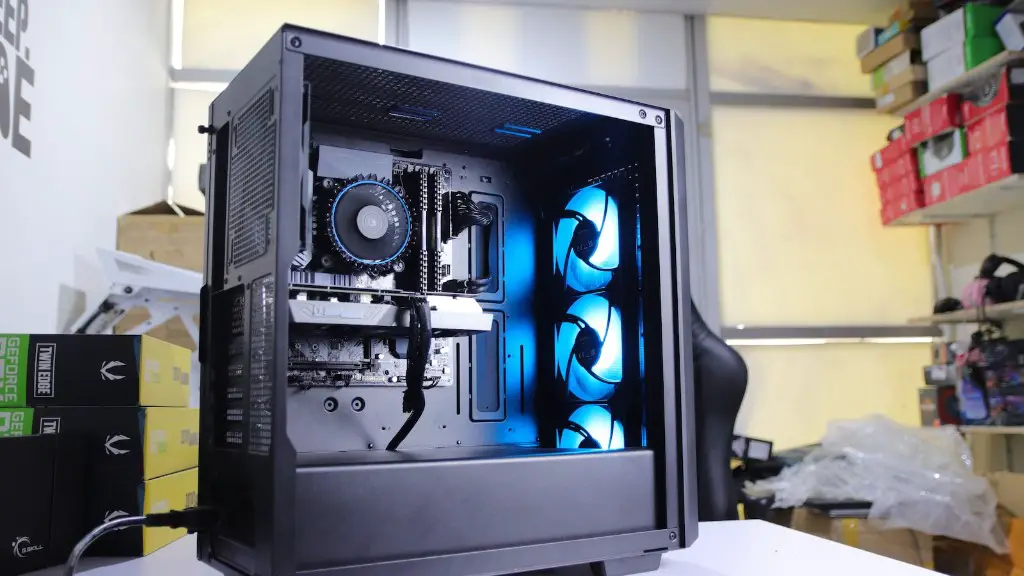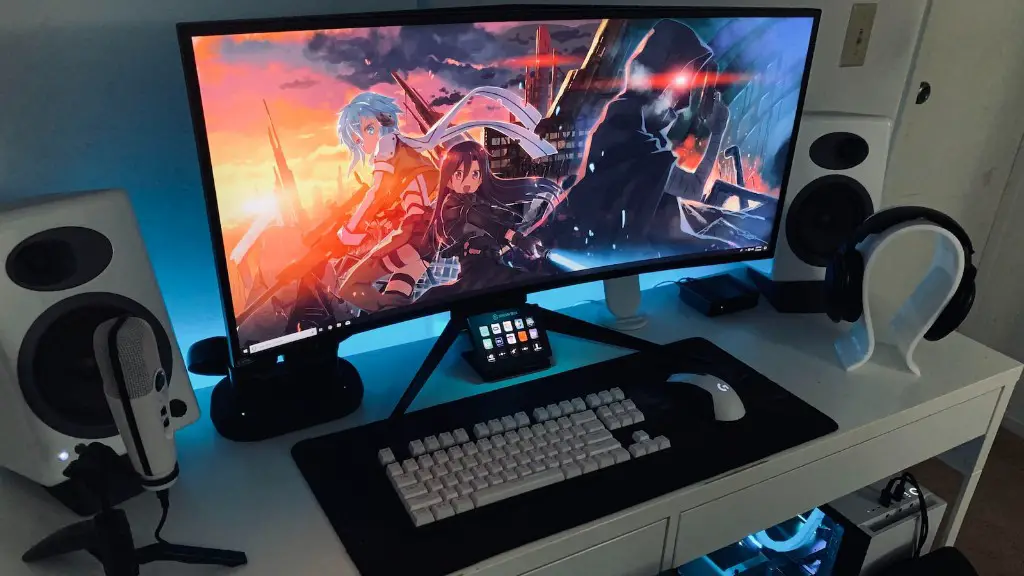The question of whether or not to shut down your gaming PC is a complex one, and there are a few things to consider that can help you decide what’s best. First, shutting down your PC on a regular basis can help keep it performing its best, prevent overheating, and protect your personal data. Second, when you are not actively using your PC for gaming, it is important to save energy – something that can be done quite easily by activating a sleep mode. Third, running your PC continuously can increase the risk of potential problems occurring. Fourth, regular maintenance checks should be carried out to ensure that any necessary upgrades are carried out and that any components are performing optimally. Fifth, there are several instances where shutting down your PC can be beneficial, such as; when making changes to system settings, when troubleshooting problems, and when updating or installing software.
Heat Prevention
Shutting down your PC on a regular basis is an important way of keeping it running at its best, and of preventing it from overheating. When your system is running continuously, the internal components, such as the CPU, can accumulate a lot of heat, which can cause your computer to become slower or even shut down completely. Shutting down your PC on a regular basis will help dissipate heat and reduce the wear and tear on your components.
In addition to this, if a part of your PC fails due to overheating, shutting down your PC can be critical in preventing further damage to other components. Therefore, from the perspective of heat management and hardware protection, shutting down your PC is always recommended.
Cleaning and Maintenance
In addition to heat management, shutting down your PC on a regular basis can be beneficial for the purpose of cleaning and maintenance. This is especially important if your gaming setup runs on the same PC as your everyday work tasks. Turning off your PC on a regular basis will help prevent dirt buildup in key areas, such as the CPU, GPU, and other internal components, which would require more thorough cleaning if left to accumulate.
The type of maintenance that needs to be carried out can vary depending on the model of your PC and the components in it. For example, if you have a gaming laptop, you need to regularly check the fan and heat sink for blockage, dust, and other debris, and clean them as necessary. Regular maintenance can help prevent more serious issues and ensure that your PC continues to perform optimally.
System Settings
Making changes to system settings is another instance where shutting down your PC can be a wise decision. If you are changing any system settings, it is important to first save any changes you have made, then shut down your system before making the changes. This ensures that any changes you make take effect, and also prevents any potential problems occurring due to incomplete changes.
Lastly, if you are updating or installing new software, then shutting down your PC can be beneficial. This will facilitate the installation or updating process, as any existing programs or services on the computer won’t be in direct interaction with the installation. This will also help protect against any potential errors or incompatibility issues.
Energy Efficiency
Using a sleep mode on your PC is another way of saving energy when you are not actively using your gaming PC. A sleep mode will consume only a fraction of the power that a regular shutdown consumes, so if you are not going to be using your PC for some time, you should put it in sleep mode rather than shutting it down. This can be beneficial for both your energy bills and the environment.
It’s worth noting, however, that putting your PC in sleep mode won’t clear system memory or temporary files so that when you start it up again it won’t run as smoothly as it would after a full reboot. So, while a sleep mode may be a convenient option, it shouldn’t be overused.
Potential Problems
Running your PC continuously can also increase the risk of potential problems – such as power outages and interruptions. If your PC is subject to one of these problems, it can cause a range of system errors, and you may even have to start your PC from scratch. Shutting down your PC on a regular basis will help reduce the risk of potential system errors and make it more reliable for longer periods of time.
Bugs and glitches are another common issue with continuous use. This is because background processes tend to continue running in the background without you being aware of it, which can result in major performance issues or even system crashes. Restarting your PC on a regular basis can help ensure that any errant processes are cleared from memory and your PC runs more smoothly.
Upgrades
Finally, if you are looking to upgrade your PC to play the latest games, or boost system performance, then shutting down your PC will likely be one of the first steps involved. Upgrades require that your PC be restarted in order for the changes to take effect, and also ensures that any unnecessary or conflicting processes are cleared from system memory. So, before making any upgrades, make sure to shut down your PC first.
In this article, we discussed why shutting down your gaming PC is important, and some of the benefits of doing so on a regular basis. Shutting down your PC can help keep it running smoothly, reduce the risk of potential problems, and is essential for any hardware upgrades and maintenance tasks. Moreover, with a sleep mode, you can also save energy without having to shut down your PC.


